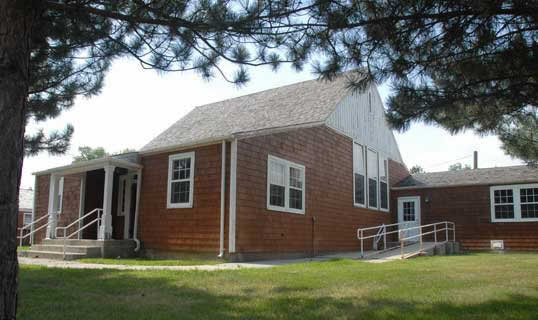Under the Articles of Confederation, these United States were barely united. Unable to agree on either foreign or domestic policy, they sank into economic depression. In May 1787, delegates from 12 states (Rhode Island sent none) arrived in Philadelphia to define a new federal government. In September, they had a new constitution.
But for the Constitution to become law of the land, conventions in nine states had to ratify it. By June 1788, eight states had done so. Anti-Federalists, as opponents of the new Constitution came to be called, saw the Virginia ratifying convention of June 1788 as their last stand.
"The Henry-Madison debate in June of 1788 can lay plausible claim to being the most consequential debate in American history," writes historian Joseph Ellis.
The leading Anti-Federalist in Virginia was Patrick Henry, who was generally acknowledged as the Revolution's greatest orator. The leading Federalist in Virginia, indeed in all the United States, was James Madison, generally acknowledged as the founder most responsible for the Constitution.

